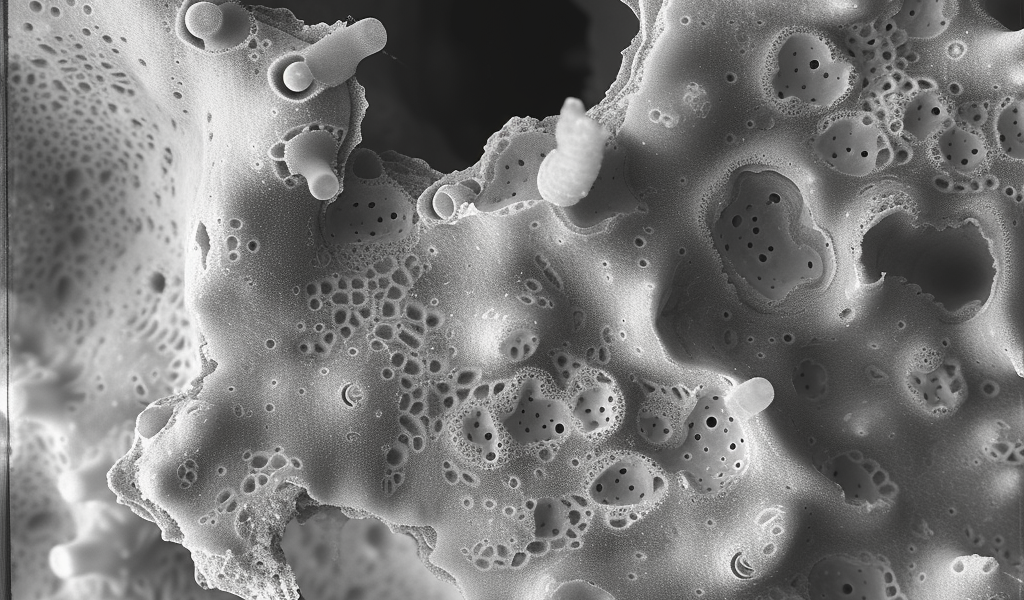Scientists have made a groundbreaking discovery, finding industrial pollutants embedded in Mediterranean corals for the first time. The study, led by researchers at University College London, identified carbon particles emitted by burning fossil fuels in the corals of Illa Grossa Bay, offering a potential new tool to track the history of pollution.
The pollutants, known as fly-ash or spheroidal carbonaceous particles (SCPs), are a result of burning fossil fuels and are seen as an indicator of human influence on the environment. This finding marks a historical marker of the beginning of the proposed Anthropocene epoch, highlighting the extensive impact of human activity on the environment.
Corals, commonly used as natural archives for paleoclimate studies due to their measurable growth rates, have been found to contain pollutant particles for the first time, aside from microplastics. The discovery extends over decades, providing a clear picture of the historic rate of fossil fuel combustion in the region.
Lead author, Dr. Lucy Roberts from UCL Geography, emphasized the significance of the discovery, stating, “It’s the first time we’ve been able to see this kind of contaminant in corals, and its appearance in these deposits parallels the historic rate of fossil fuel combustion in the region.”
The study involved collecting coral samples from several sites along a reef off the coast of Castelló, Spain. The coral species, Cladocora caespitosa, has been studied and monitored for two decades, making the location a significant global change sentinel site. The corals, located within a protected marine reserve nearly 60 kilometers away from shore, minimize the likelihood of local contamination.
This groundbreaking research not only sheds light on the impact of industrial pollutants on marine ecosystems but also provides a new avenue for tracking the historical effects of human activity on the environment. The findings offer valuable insights into the long-term impact of fossil fuel combustion and emphasize the importance of monitoring and addressing pollution in marine environments.





